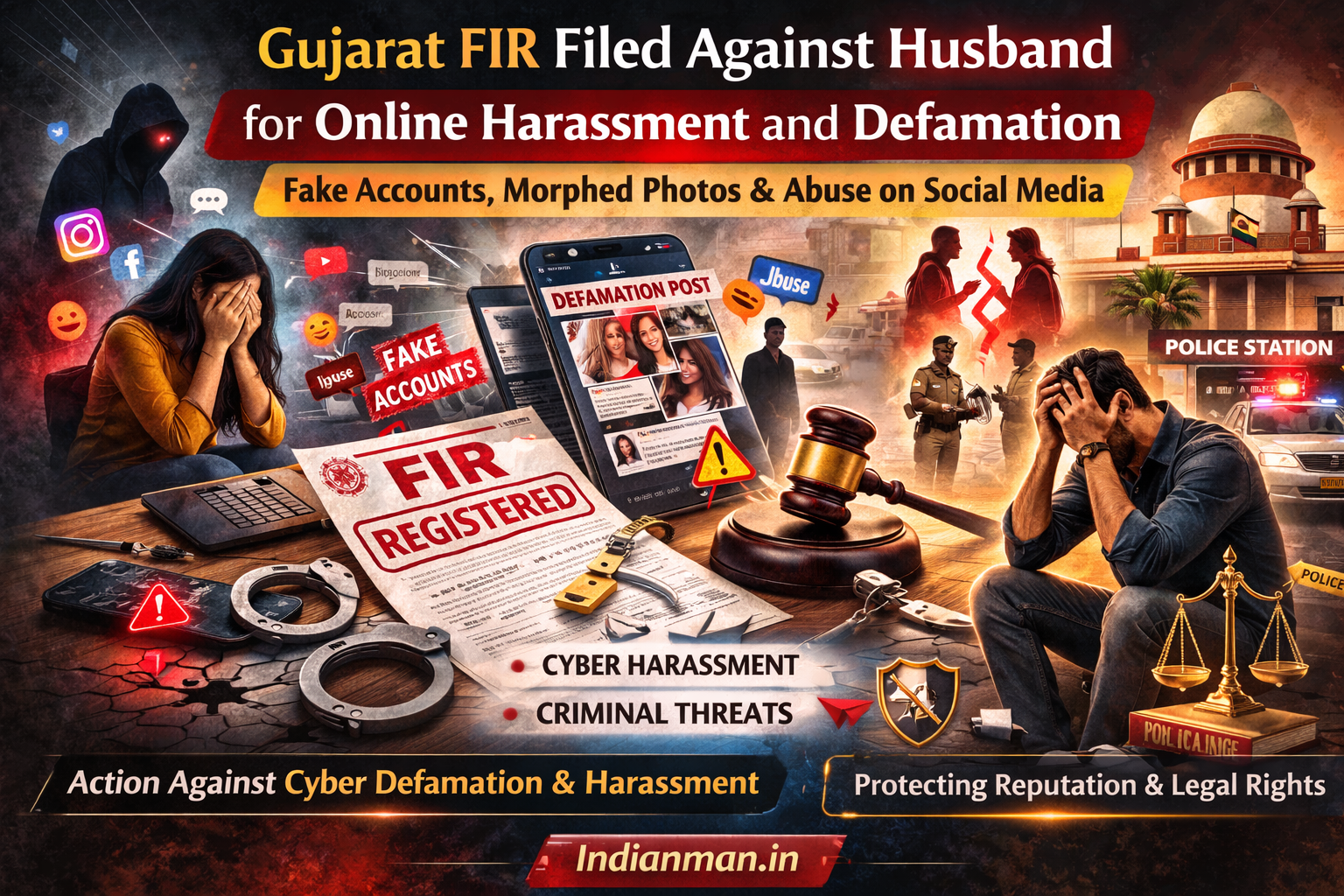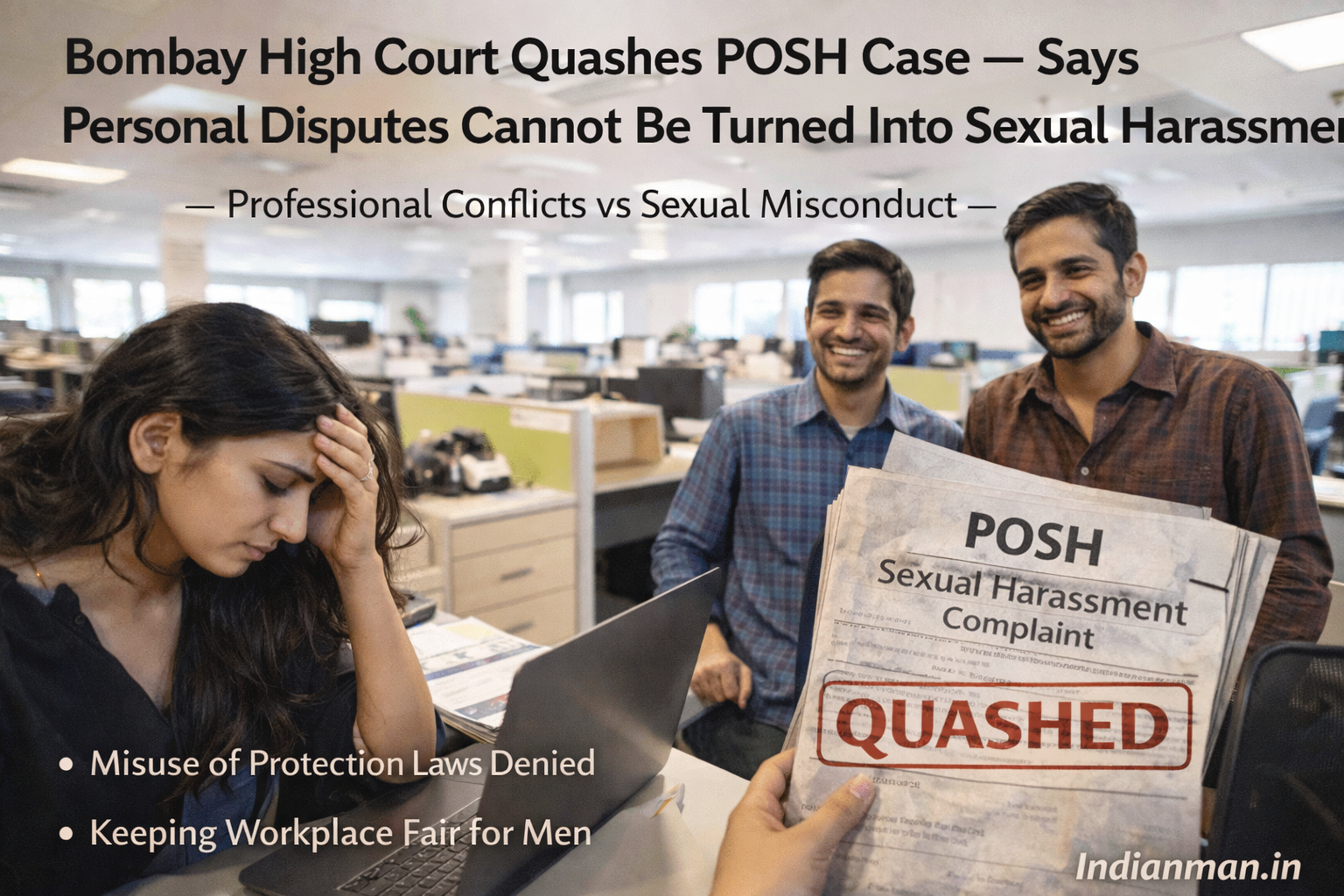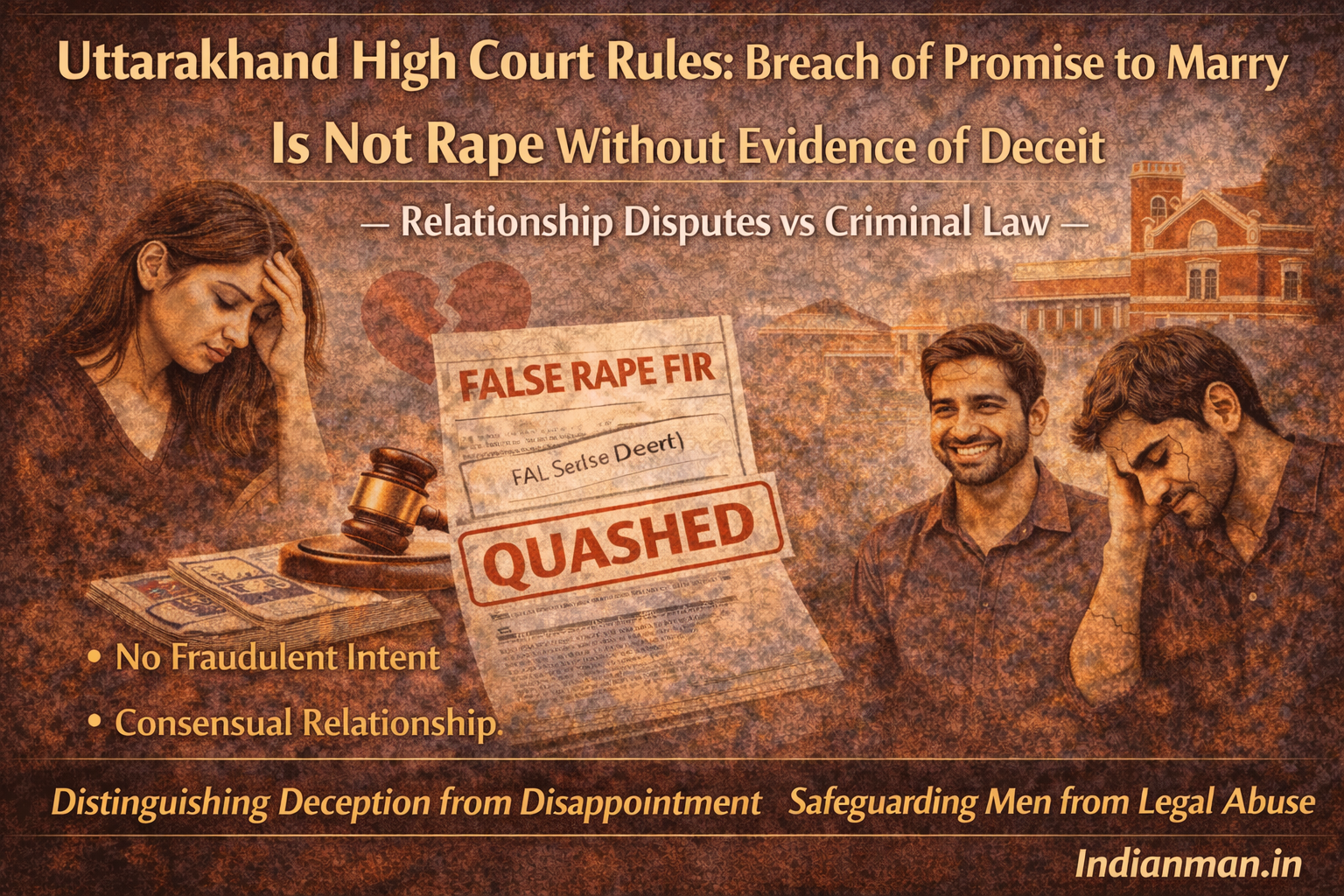The Supreme Court of India, led by Chief Justice DY Chandrachud and Justice PS Narasimha, has issued a notice in response to a new petition challenging the legality of the marital rape exception under Indian law. The petition aims to abolish Exception 2 of Section 375 of the Indian Penal Code (IPC), which exempts a husband from being charged with rape for non-consensual sex with his wife, unless the wife is under 15 years old.
The petitioner, Ruth Manorama, a Dalit activist, social worker, and General Secretary of Women’s Voice, Karnataka, argues that this exception violates several fundamental rights enshrined in the Indian Constitution, including Articles 14 (right to equality), 15(1) (prohibition of discrimination), 19(1)(a) (freedom of speech), and 21 (right to life and personal liberty).
Advocate Karuna Nundy, representing the petitioner, highlighted that previous judgments, such as the 1984 Saroj Rani case, held that Article 14 does not apply to marital relationships. However, in the Puttaswamy judgment, Justice Chelameswar suggested that this issue remains unresolved, especially in terms of privacy rights within personal relationships.
The petition also discusses the doctrine of coverture, which underpins the marital rape exception and perpetuates caste hierarchies. The petitioner emphasized that this has a particularly harmful impact on Dalit women, who are often treated as objects of sexual exploitation by upper-caste men.
Chief Justice Chandrachud pointed out that the issue here is not whether Article 14 applies to personal relationships but whether the exception to marital rape in the statute violates Article 14. The court will now test the validity of this law based on these constitutional principles.
The Supreme Court has grouped this petition with others that challenge the marital rape exception, and the case will be heard on the same day as those related matters.
Senior Advocate Indira Jaising, who also appeared in court, noted that the Karnataka case involves different aspects of the exception, including the interpretation of it in relation to the Protection of Children from Sexual Offences (POCSO) Act.
Be a part our social media community:
Facebook: https://www.facebook.com/IndianMan.in?mibextid=ZbWKwL
Instagram:
https://www.instagram.com/indianman.in?igsh=MWZ2N3N0ZmpwM3l3cw==




